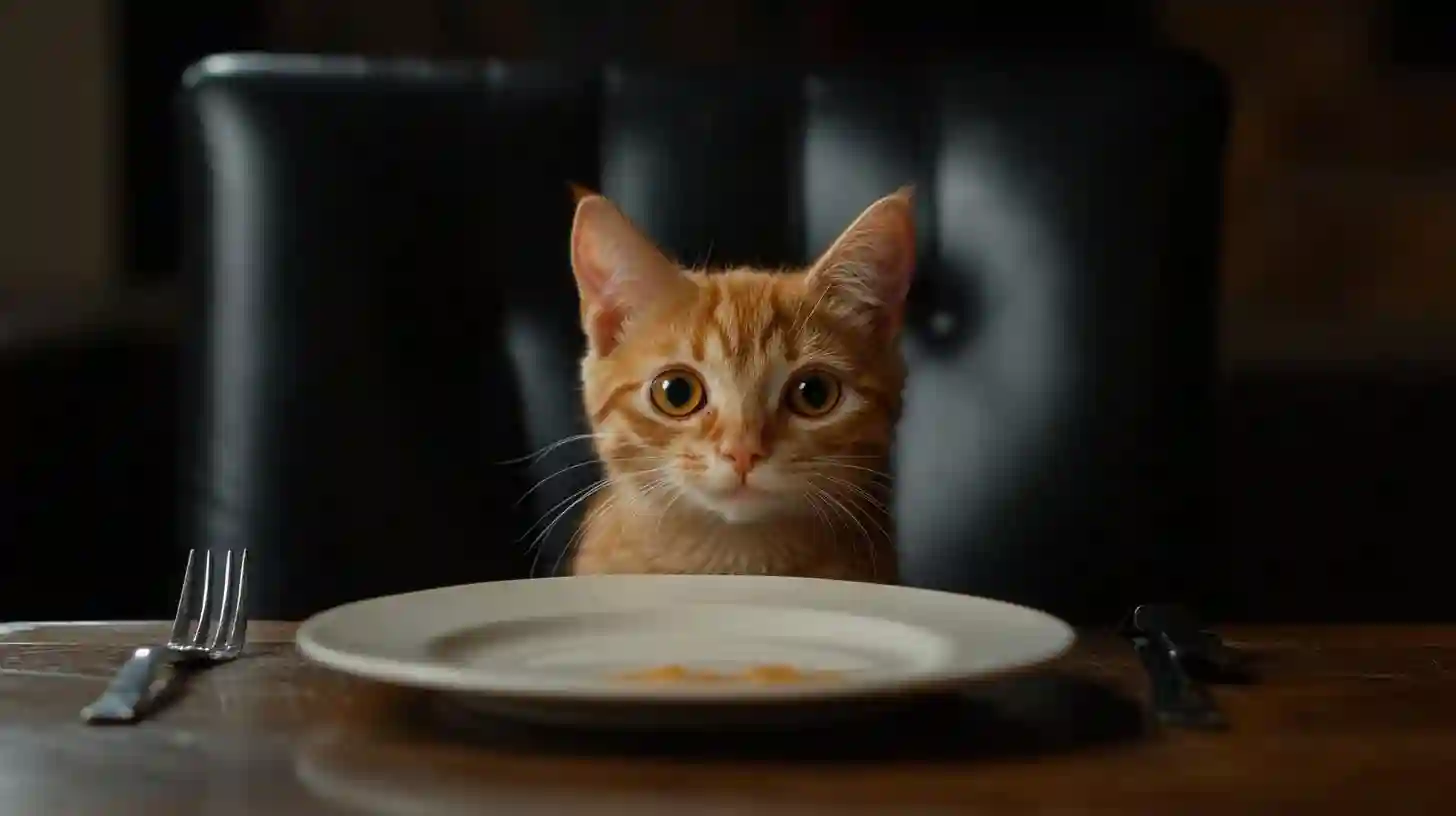
When it comes to ensuring the health and well-being of our feline friends, understanding dietary taboos is of utmost importance. Cats are obligate carnivores, which means their bodies are biologically designed to thrive on a diet primarily composed of animal protein. Yet, certain foods that might be harmless or even beneficial for humans can be detrimental to cats. Therefore, recognizing which items should never make their way into a cat's diet is essential for any cat owner.
One of the most notorious dietary hazards for cats is chocolate. This sweet treat, beloved by many, contains substances called theobromine and caffeine, both of which are toxic to felines. Even a small amount of chocolate can lead to symptoms such as vomiting, diarrhea, rapid breathing, increased heart rate, and seizures. Given that cats are often curious and may attempt to sample various foods, it is crucial to keep all chocolate products far out of reach.
Onions and garlic, staples in many human dishes, should also be avoided. Both foods belong to the allium family and can be incredibly harmful to cats. Ingesting these ingredients can cause oxidative damage to a cat's red blood cells, leading to hemolytic anemia. Symptoms can take several days to manifest and may include weakness, lethargy, and unusual postures due to abdominal pain. Even small amounts, whether cooked, raw, or powdered, can pose a risk, so it’s best to steer clear of incorporating them into any meal intended for your cat.
Dairy products present another common misconception. Many people assume that cats enjoy milk, partly due to the classic imagery of cats and cream. However, most adult cats are lactose intolerant, meaning their digestive systems cannot properly process lactose present in milk and other dairy products. Consuming dairy can lead to gastrointestinal upset, resulting in diarrhea or discomfort. Therefore, it is wise to avoid giving cats any milk, cheese, or yogurt.
Grapes and raisins are also on the list of foods to avoid. While the specific compound that causes toxicity in cats remains unidentified, it is known that ingestion of these fruits can result in acute kidney failure. Symptoms often present as vomiting or lethargy shortly after consumption. Despite their small size, grapes and raisins are highly dangerous and should be kept out of reach of curious cat paws.
Another food to be mindful of is xylitol, a sugar substitute commonly found in sugar-free products such as chewing gum, candy, and baked goods. While xylitol is safe for human consumption, it can lead to hypoglycemia in cats. A sudden drop in blood sugar can result in confusion, loss of coordination, and even seizures. In severe cases, it can trigger liver failure. Cats are naturally drawn to sweet-smelling substances, so any sugar-free product containing xylitol should be kept out of their reach.
Cooked bones are often mistakenly thought of as a safe treat for cats. The reality is that cooked bones can splinter and pose a serious choking hazard, or result in punctures along the digestive tract. Instead of providing benefits, feeding cooked bones can lead to severe injury and require veterinary intervention. Providing raw bones can also be risky due to the potential for bacterial contamination.
Certain fish, while often a common ingredient in cat food, can be harmful if served in excess, particularly raw. Fish such as salmon, mackerel, or tuna can expose cats to harmful pathogens if not cooked properly. Moreover, feeding fish excessively can lead to nutrient imbalances and issues with thiamine, which is critical for a cat's health.
Many owners love to share their meals with their pets, but a range of human foods can be harmful or even fatal for cats. Foods like avocado contain persin, which can result in vomiting and diarrhea in responsive cats. Similarly, the skin, pit, and leaves of the avocado plant are particularly dangerous and should never be fed to a cat.
Misunderstandings surrounding feline nutrition can lead to unintentional harm. By staying informed about dietary taboos, cat owners can ensure their pets enjoy a safe and healthy diet. It is essential to focus on high-quality commercial cat food or prescribed diets that meet the specific nutritional needs of cats. Homemade treats should be researched thoroughly, as even common ingredients can have risks. Always consult a veterinarian before making any significant changes to your cat's diet. Keeping an eye on your feline companion's health and ensuring that they consume appropriate foods can lead to a happy and thriving pet.